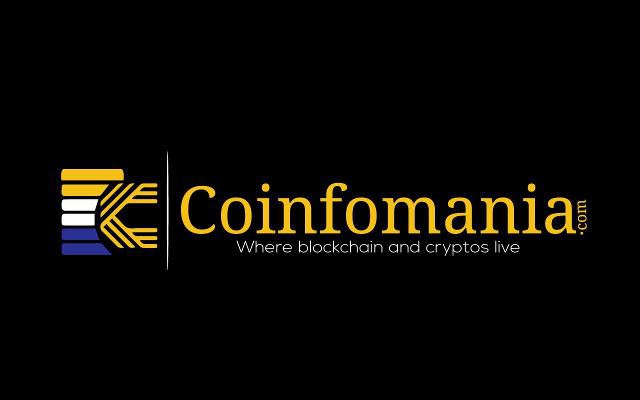Could the PENGU ETF Unlock NFT Integration in Traditional Finance?
0
0

In a revolutionary development, Canary Capital launched the PENGU ETF, an exchange-traded fund (ETF) which directly holds both PENGU tokens and Pudgy Penguins NFTs. As opposed to most NFT-linked ETFs that simply provide exposure to NFT-linked companies, PENGU ETF is going for the bull’s-eye by embedding real, on-chain NFT ownership in a regulated financial instrument.
A First-of-Its-Kind NFT ETF
Canary Capital, a Web3 financial product-focused digital asset investment company, is looking to bridge the gap between NFTs and traditional finance (TradFi). The PENGU ETF invests 80-95% of its assets in PENGU tokens—the native cryptocurrency of the Pudgy Penguins ecosystem—while 5-15% are directly invested in Pudgy Penguins NFTs. For liquidity purposes, the fund also keeps Ethereum (ETH) and Solana (SOL) for transactional purposes.
This makes PENGU ETF the first fund to incorporate NFTs into TradFi. Traditionally, NFT-backed ETFs only had indirect exposure, like holdings in NFT-related stocks or tokens that symbolize NFT markets. By holding NFTs in a cold storage wallet, overseen by regulated custodians such as Coinbase Custody or Anchorage Digital, PENGU ETF establishes a precedent for the way NFTs can be brought into mainstream investing.
Scepticism and Potential Impact
Although the PENGU ETF is an emerging idea, it has been greeted with suspicion. Critics contend that there might not be sufficient retail interest in an ETF with a focus on Pudgy Penguins. Others doubt the valuation method for NFTs since they do not share the same liquidity and standardized pricing systems as stocks or Bitcoin.
However, advocates argue that an ETF might make NFT investments legitimate, making them available to institutional and individual investors. By streamlining NFT ownership—removing wallets, gas costs, and marketplace transactions—PENGU ETF might boost the widespread adoption of NFTs.
Regulatory Hurdles
Although it has promise, the greatest hurdle for PENGU ETF is approval by regulators. The U.S. Securities and Exchange Commission (SEC) has never endorsed an NFT-based ETF, and so this is a landmark case. With Bitcoin ETFs, whose prices and liquidity are already established, the SEC approved them in 2024. NFTs are still very unstable and unpriceable.
The SEC will most likely be watching closely how PENGU ETF prices its NFT holdings—whether based on floor prices, historical trades, or custom valuation models. It will also be important for fair liquidity to investors since NFTs are not as easily exchangeable as stocks or crypto tokens.
How It Compares to Traditional Art Funds
NFT-backed ETFs such as PENGU ETF are distinct from conventional art funds that invest in artworks by artists such as Picasso or Banksy. Conventional art funds have poor liquidity since they take months or years to sell the assets. By comparison, PENGU ETF would be based on real-time market prices and floor tracking, enabling investors to trade shares of the ETF on an open exchange.
What’s Next?
Even if PENGU ETF encounters regulatory hurdles, its application establishes a precedent for financial products based on NFTs. If it goes through, it may pave the way for more ETFs that own Bored Apes, CryptoPunks, or tokenized real-world assets (RWAs). Depending on whether it is approved or not, PENGU ETF represents an important milestone in bringing digital collectables into the financial mainstream.
The post Could the PENGU ETF Unlock NFT Integration in Traditional Finance? appeared first on Coinfomania.
0
0
 Manage all your crypto, NFT and DeFi from one place
Manage all your crypto, NFT and DeFi from one placeSecurely connect the portfolio you’re using to start.








